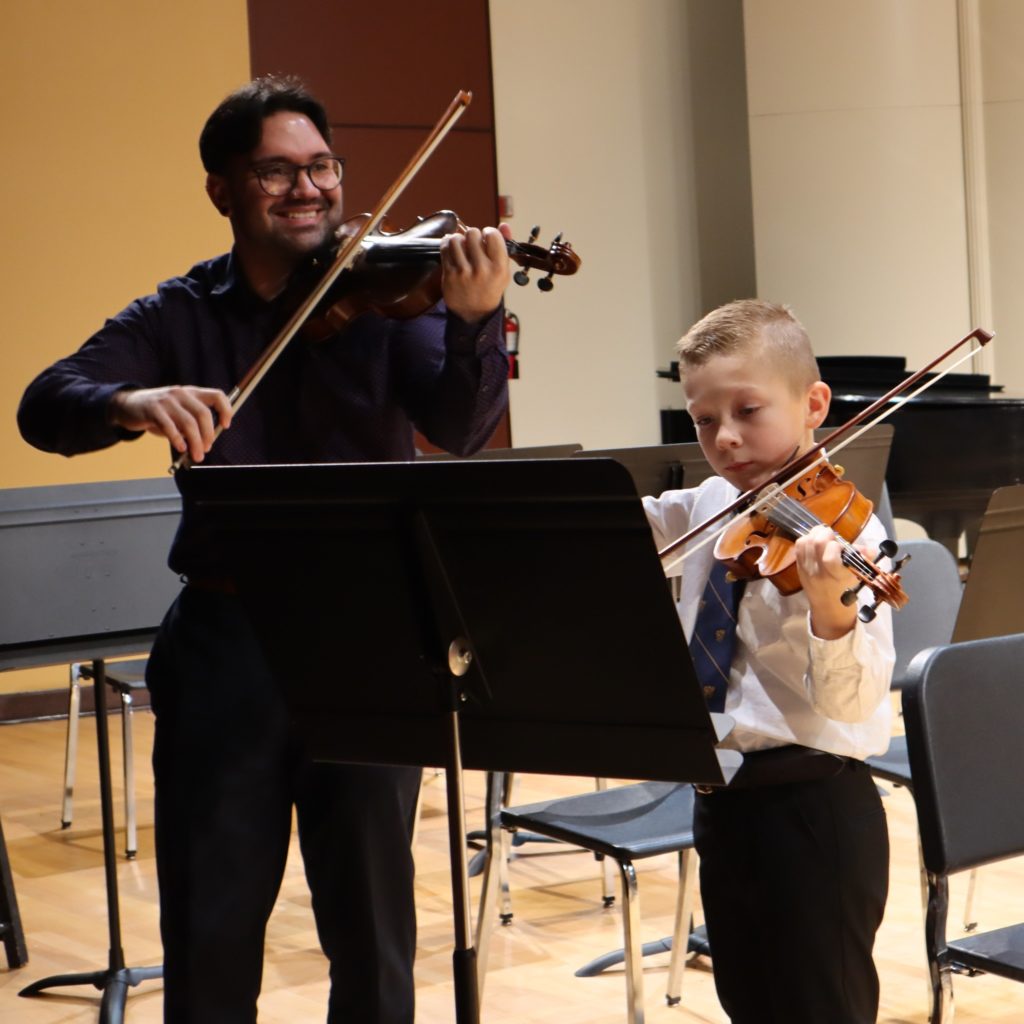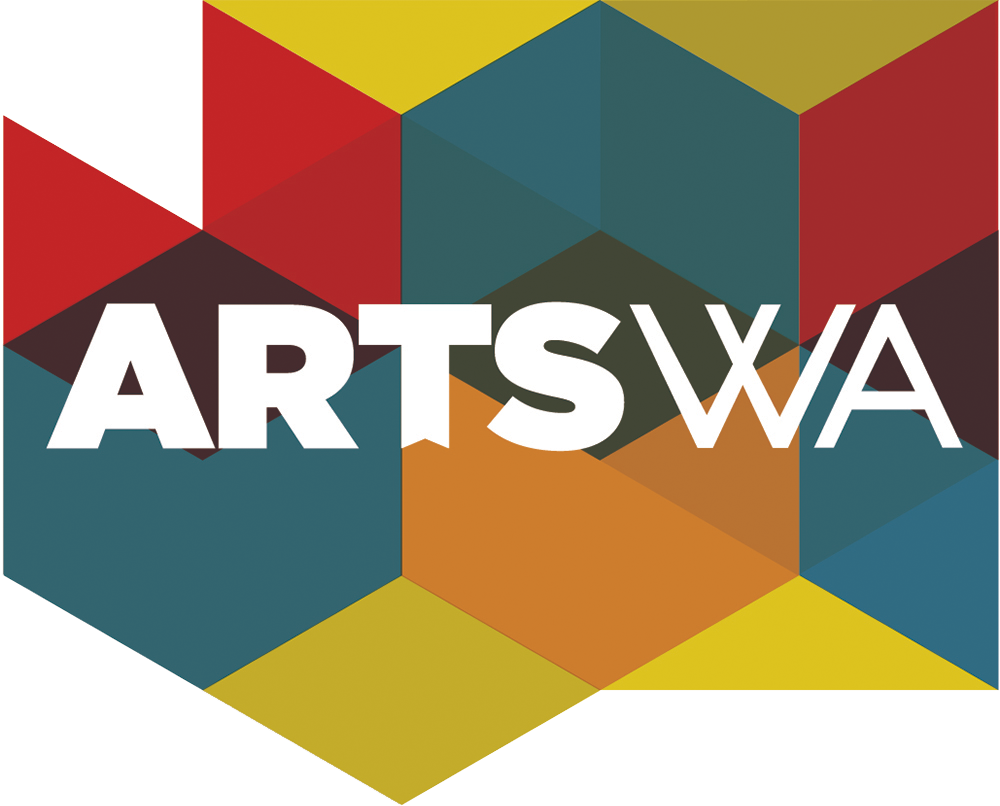Jayden Chae is an accomplished artist and a member of the 2025 Washington Youth Arts Leadership (WAYAL) Program. The WAYAL program is an annual cohort of youth and young adults (ages 16-19) from across Washington State. WAYAL leaders work with the Arts in Education (AIE) team at ArtsWA to explore and amplify the role of arts engagement in their communities. Young artists build community among their peers, gain leadership and communication skills, and explore arts careers with mentors in the field. Youth leaders receive a stipend for their participation.

Keeping the Music Alive: Youth Respond to Arts Education Cuts
By Jayden Chae, 2024-2025 Washington Youth Arts Leadership (WAYAL) cohort member
Across Washington state, music programs are gradually being dismantled. In my own Northshore School District, a $26 million budget shortfall for the 2024-2025 school year led to the elimination of all 5th grade band and orchestra programs, a decision that ended a history of early introduction and access to music for elementary students. Northshore is not alone in these funding shortfalls. In 2023, the Seattle Times reported proposed cuts would nearly erase the jazz program at Seattle’s Washington Middle School, which feeds into the nationally acclaimed Garfield High School Jazz program. Community donations – including from renowned musician and producer Quincy Jones and the Nesholm Family Foundation – provided a reprieve for the 2023-2024 school year. Seattle Public Schools continues to face budget gaps that leave all arts programs vulnerable. According to its district website, Lake Washington School District also reformed its before and after-school music offerings this school year, shifting them into regular class periods. While the district website says this move addresses concerns about equitable access, I find that it also diminishes specialized performance opportunities.
Music programs aren’t just electives on a student’s schedule. For many students, a music class at school might provide their first encounter with music and can be a life changing experience. Like any other academic subject, music education involves rigorous and complex learning. Students engage deeply with music theory, critical thinking, collaboration, discipline, and performance, all within a cultural and historical context. These are not “extras” but important skills that transfer across school, work, and life. Music also gives students structure, identity, and a place to belong, and many of the strongest friendships can form in the music room. Music education often sparks lifelong passions or ignites interest in creative careers within the arts. When programs are cut, students lose access not only to instruments but to experiences that shape confidence, collaboration, and joy.
“Introducing students to music in elementary school is critical,” said Charlie Fix, Northshore’s music coordinator. He described the 5th-grade program as a key step in student development that supports more advanced ensemble work later on. Without it, students enter middle school unprepared or miss out entirely.
Fix also noted, “Our state does not fully fund education to the point where they perhaps should.” While arts education is recognized by the state as part of basic education, it’s often first to go when budgets tighten, especially in communities without strong outside funding sources.
Faced with these challenges, students are leading the way forward.
I spoke with leaders from two youth-led nonprofits: King County Keys and Project Click. Both initiatives are working to expand access to music education, especially for low-income and underserved students.
Elias Ng, vice president of King County Keys, co-founded the organization after seeing how many students were losing access to music due to cost. “We’ve had the privilege of lessons and school programs,” he said. “Now we’re trying to make sure others can have that too.” The group offers free lessons through high school volunteer instructors and is working to secure venues for in-person programming.
Project Click, led by Khaos Kook, a junior from Lakeside High School, focuses on community outreach and performance. “Classical music is hard to access if you don’t have the right resources,” he said. Their performances target communities often overlooked, like senior homes and neurodivergent support centers, bringing music to spaces that benefit from creative connection.
These students are creating impact despite obstacles. Elias mentioned the energy at a recent teacher orientation: “Just seeing that excitement made me realize we’re not the only ones who care about this.” Khaos shared how music offered structure and emotional support for students and families he’s met: “It gave them direction and discipline… it extended into their family life, too.”
The ripple effects of music program cuts aren’t always visible, but they’re real. Fewer students enroll in middle and high school ensembles. Fewer pursue music seriously. Fewer experience the confidence and the unique sense of community music provides.
That’s why these youth-led efforts are so important. They’re not only helping others, they’re redefining what youth leadership in the arts looks like. They prove that students are not passive victims of policy but creative problem-solvers.
As music education continues to face financial uncertainty, these efforts are a call to action. Support student-led solutions. Listen to the youth already doing the work and recognize that funding the arts isn’t just about preserving programs — it’s about investing in the voices, creativity, and futures of our next generation.

Jayden Chae, Bothell | Jayden is a junior at Inglemoor High School. Music has always been a part of his life and his passion is creating and performing music with the viola. Jayden expresses his interest in the arts by participating in programs like the Seattle Youth Symphony Orchestra and the Seattle Chamber Music Society Academy.

